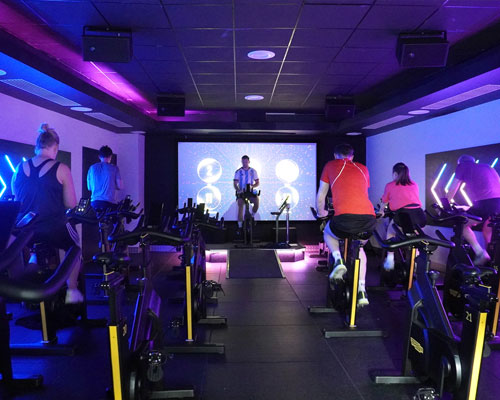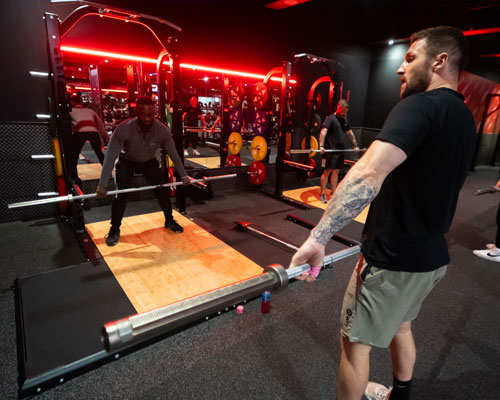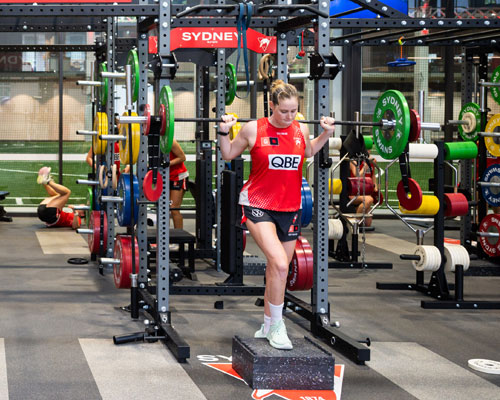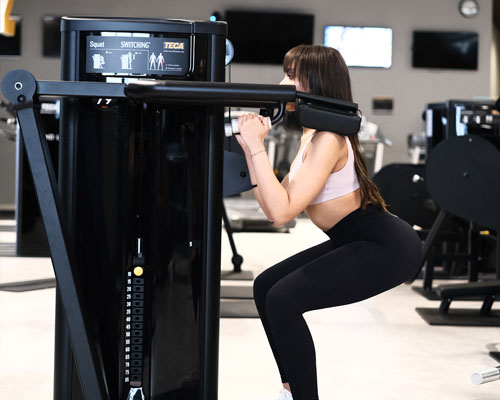features
Talkback: A testing time
Fitness levels among British children are lower than ever and getting worse – a ticking time bomb for the NHS. Is fitness testing in primary schools the answer?

A flurry of research over recent months has raised alarm bells about the lack of activity among primary aged children.
Researchers from Essex University in the UK discovered that fitness levels are declining at a rate of 0.95 per cent annually, despite the fact that schoolchildren have a lower BMI than their predecessors, suggesting inactive lifestyles are having a greater impact on fitness than obesity.
Meanwhile ukactive’s recent Generation Inactive report showed that only half of seven-year-olds are meeting recommended physical activity guidelines of 60 minutes a day. To make matters worse, only 43 per cent of schools surveyed recorded the length of time children spent being physically active in PE lessons.
Based on its findings, ukactive has made a number of recommendations, including calling for primary schools to test pupils’ fitness in the same way that they test English and mathematics, to make sure that all children are meeting basic fitness guidelines.
This is a move that’s wholeheartedly welcomed by Doug Werner, who credits his daughter Abbie’s health to school fitness testing. Werner wrote the book Abbie Gets Fit about her journey to fitness through walking: he says that, although Abbie was definitely not overweight, her shy nature meant she stood on the sidelines during games, resulting in low activity and fitness levels.
The FitnessGram test is now the official test for the President’s Council and is being rolled out at schools across the US. Should the same be happening in the UK? And if schoolchildren are to be fitness tested, who should be doing it – is there a role for the fitness industry? We ask the experts….
Steve Mann,
Research director,
ukactive, UK

Our team is currently conducting research that includes working with focus groups – comprising both parents and children – to find out the best way of delivering fitness tests in a fun, safe, non-invasive and inclusive way.
Whenever this issue has been raised in the past, the opinion of children has never been sought. We’ve made sure we’ve asked children what they think and the feedback has been overwhelmingly positive. Also, none of the 500 parents we’ve spoken to has had an issue with their child’s fitness being tested – all provided informed consent.
It would be considered unacceptable not to monitor how well children are performing in literacy or numeracy when they leave primary school, and yet there’s no accountability regarding physical literacy or fitness.
The National Child Measurement Programme already tests the BMI of children on an annual basis. However, as a slim child doesn’t necessarily mean a fit and healthy child, it’s important to extend this programme to also measure physical fitness.
At the moment we’re working with children in year four: it’s very important not to start too young because the children’s motor skills might not have developed to the level that allows for reliable measurement.
This issue does need a top-down approach and collaboration between a range of stakeholders, but in the meantime it’s very important for the health and fitness industry to continue to offer activities in which both children and all the family can participate.
"A slim child doesn’t necessarily mean a fit and healthy child – it’s important to measure fitness" - Steve Mann

Doug Werner,
Senior manager,
Core Health and Fitness, US and author of Abbie Gets Fit
Having spent years studying this issue, I’m amazed by the percentage of kids who are unfit, but who are not necessarily overweight.
Most interesting is the phenomenon created by organised sports programmes. The teams in these programmes usually meet for an hour or so, three or four days a week, but with coaching breaks, prepping, player substitutions and suchlike, children are actually moving for a lot less time than we might assume, especially if the sport is a slow moving game like baseball, cricket or golf. Parents of children in organised sport should not at all assume their child is fit.
I’m a firm believer in the need for fitness testing for kids and it’s a natural fit for the health club industry to do the testing. We have the manpower, experience, qualifications, facilities and passion to do this.
However, the fitness industry tends to be short-sighted, interested mainly in short-term cashflow. Operators need to look at this as a sincere and genuine objective to help kids get fit, engaging with the members of tomorrow – and their parents – rather than just looking to make a short-term profit.
There has to be a longer-term vision beyond an admission business model and beyond the four walls of the conventional health and fitness club.
Although there’s nothing to stop individual health clubs designing a programme and reaching out to local schools, for this to be broad and impactful it should have government backing and be endorsed from the top. We have to really work to convince the government that we’re both capable and genuine in our desire to deliver fitness testing for children.
There’s a PR opportunity here and a chance to engage parents by reaching out to kids. For example, how about teaching children to count steps each day by providing a local school with branded pedometers? That’s a good first step to long-term programme design.
"How about teaching children to count steps each day by providing a local school with branded pedometers?" - Doug Werner

Dr Charles Corbin,
Co-author of FitnessGram and professor,
Emeritus of the School of Nutrition and Health Promotion, Arizona State University, United States

Caution must be exercised with fitness testing, because it has the potential to do more harm than good. It’s very easy to set the bar too high and make children feel they’ve failed, therefore turning them off physical activity. Also, with young children, genetics and their physiological maturity makes a huge difference to test outcomes. Fitness tests of primary aged children could be skewed by these factors, so we have to be very careful about drawing conclusions.
With FitnessGram, we made sure there was a scientific foundation for everything we did when devising a battery of six tests of health-related physical fitness. These tests can be used in four different ways. In self-testing, you learn to assess your own fitness. Individualised testing is done by an expert to help you to identify how you can improve – much like a personal trainer might do. Personal best testing is done to see if you’re suitable for a team or for an occupation such as firefighting or military service. Finally there’s institutional testing, where a large number of kids are tested for determining curricular needs or for research purposes.
There is a place for institutional testing in schools, but it should be used sparingly. It can be intimidating and can be expensive, because it requires many experts and lots of time. The focus should be on teaching children how to self-test, and encouraging the use of self-tests as a basis for programme planning throughout life. Self-testing is the cheapest and easiest to implement, but also the most sustainable.
We must be very careful when making judgements about children, but giving them the knowledge and understanding to monitor their own behaviour can be very empowering.
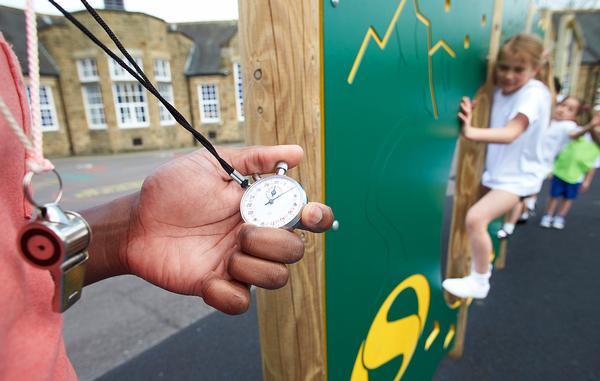
Gavin Sandercock,
Director of the Centre for Sports and Exercise Science,
University of Essex, UK

Fitness testing is an excellent tool for health. The results can be used to highlight current health conditions, identify potential health risks and design effective activity programmes.
It can also be used to measure physical development of young children, ensuring they develop movement skills – such as jumping, throwing, catching and balancing – which contribute to physical, cognitive and social development.
Fitness testing could easily be implemented as a standardised tool in primary schools. The most important thing is to make sure children are comfortable with the concept, so it must be embedded in PE from day one.
Assessments should be age-appropriate and based directly on clear standards of what children should be able to do by each age. Activities must be accompanied by praise for good performance, as well as feedback on how to improve.
Most importantly, testing should be performed only by an experienced professional. As many teachers can be inexperienced in this field, and have a heavy workload, health clubs could play an instrumental role – offering trained staff and providing a local hub that schools could visit for pupil assessments.
"Movement skills such as jumping, throwing, catching and balancing all contribute to physical, cognitive & social development" - Gavin Sandercock
































